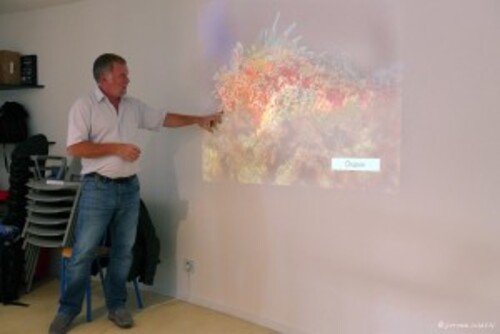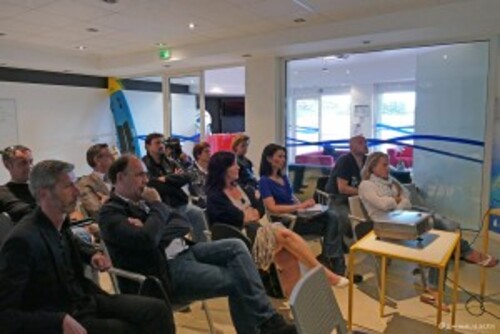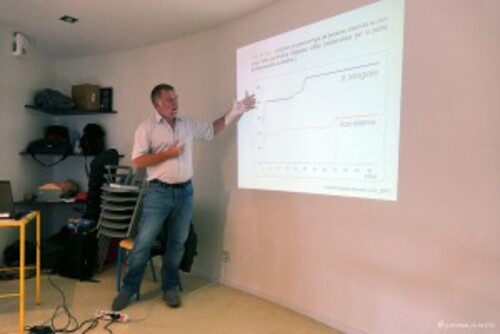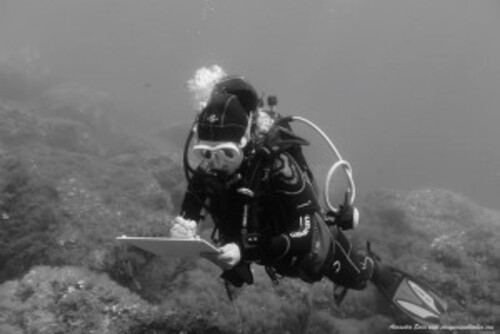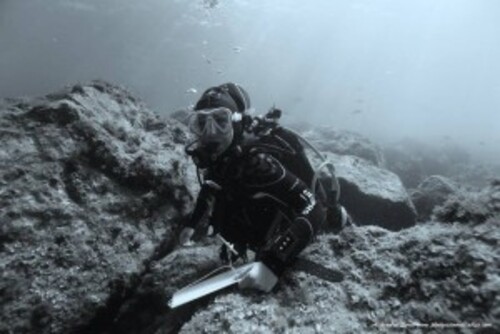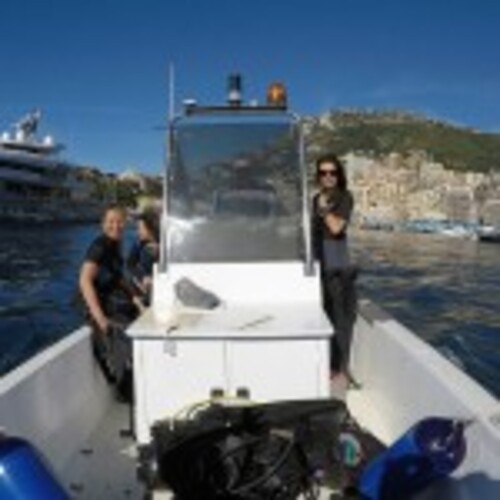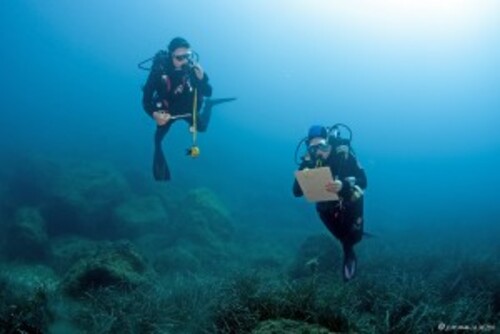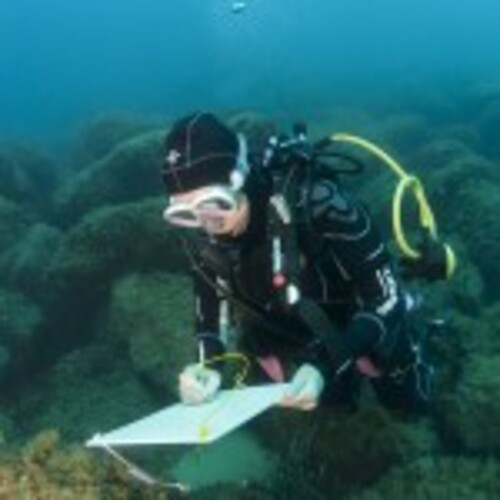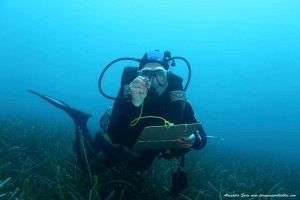
The FAST method at the service of Monaco's reserves
Marine Protected Areas
Fish populations represent for scuba divers one of the strong interests of their diving. For scientists, these populations can be indicators of the quality of the marine environment. So they had to meet. Participatory science is precisely the interface that allows volunteers to contribute to the monitoring set up by the scientific community.
About fifteen years ago, the ECOMERS laboratory developed a method for counting and monitoring fish populations aimed at amateur divers. Participatory science is now one of the means for this laboratory of the University of Nice to acquire data in the marine environment.
In collaboration with the AMPN, ECOMERS has therefore proposed the establishment of regular monitoring of fish populations, in the waters of the Principality, but also outside, from Menton to Villefranche, with local diving clubs.
After theoretical training in fish counting, and in particular in this FAST method developed for amateur divers, a dive was organized in the Larvotto reserve on Saturday 21 May.
11 divers from the AMPN and CESMM (Club d'Exploration sous-marine de Monaco) counted the fish around the Sporting using the FAST protocol. It was essentially a question of putting into practice what had been presented Thursday evening. From a pre-established list of 23 species, the divers had to note the presence or not of the species and the size of the individuals (large or small). Apparently very simple, this method has been compared to classical fish counting techniques; it provides relevant results and above all, it is possible to assess very quickly the state of fish populations. Current directives, such as the Marine Strategy Framework Directive (MSFD), seek to assess good environmental status. Amateur divers, through participatory science and the FAST method, can contribute to these approaches. Moreover, from the point of view of divers, this approach seems playful. In the end, it is only a question of doing a normal exploration dive by actively seeking to see the maximum number of species in the pre-established list.
vidéo Alexandra Sorin – Plongées Inoubliables
©Alexandra Sorin – Plongées Inoubliables
©Jean-Michel Mille

